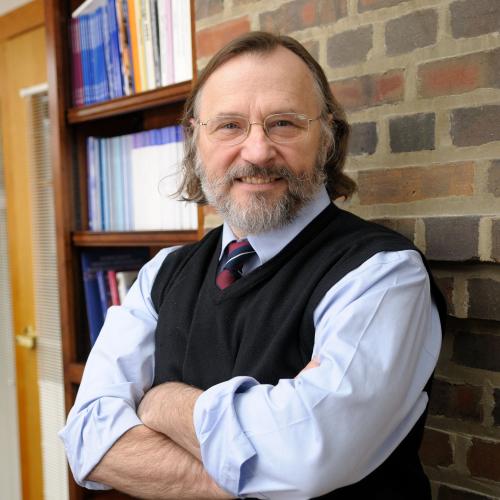GSLIS Professor and Interim Dean Allen Renear delivered a keynote address at the Text Encoding Initiative's 2013 International Conference and Members’ Meeting (#tei2013). The theme of the conference, held October 2-5 in Rome, Italy, is "The Linked TEI: Text Encoding in the Web." Renear's address, "Text encoding, ontologies, and the future," was delivered on October 2.
Abstract:
SGML/XML text encoding has played a important role in the development of the global networked information system that now dominates almost all aspects of our daily lives — commercial, scientific, political, social, cultural. The TEI community in particular has made impressive contributions. Today the information organization strategies that provide the foundation for contemporary information technologies are undergoing a new phase of intense and ambitious development. There has of course been a period of skepticism, just as there was with SGML in the 1980s. But that period is now behind us, or should be. Ontologies, “linked open data,” and semantic web languages like OWL and RDF have proven their value and are beginning to yield practical applications. These developments are not radical new strategies in information organization, rather they are continuation of a long-standing trajectory towards increased abstraction, declarative formalization, and standardization—strategies with a solid track record of success. In the last thirty years the text encoding community has helped sustain and advance the evolution of these information organization strategies, and is now well-positioned to further contribute to, and exploit, recent developments.
I will discuss the significance of all this not only for libraries, publishing, data curation, and the digital humanities, but also for the global networked information system more generally. Without a doubt, advances in formalization will continue to bring us many new advantages, and so there is much to look forward to. But at the same time the low-hanging fruit has been picked, and the problems we will encounter in the next decade or two will prove quite challenging.
